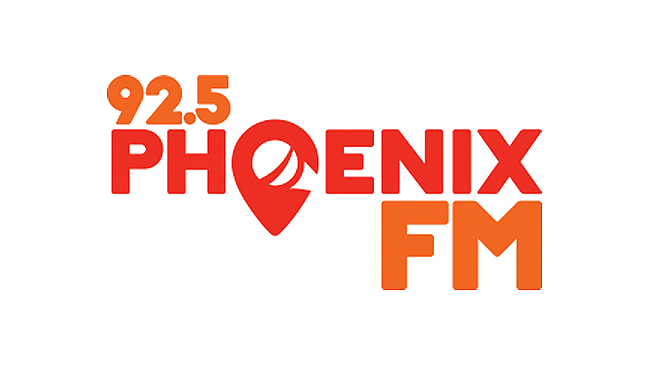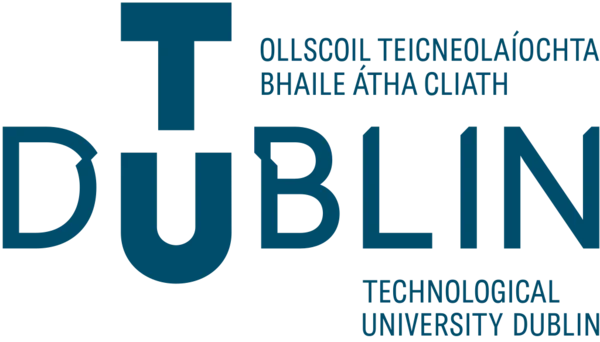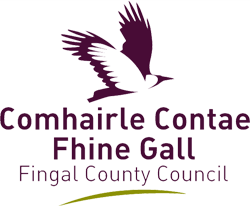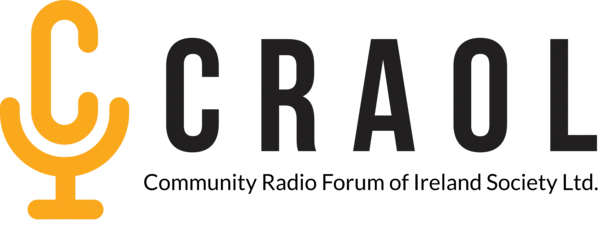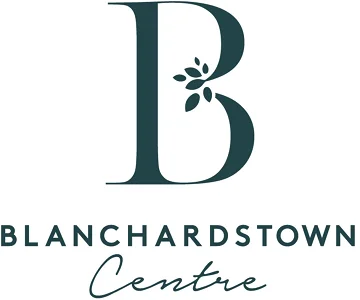[The following is a letter published in the Irish Times written by Seán Ó Siochrú a member of the Joint Advocacy Group of CRAOL (Community Radio Forum of Ireland) and CTA (Community Television Association).]
Sir, – RTÉ has, over the years, promoted to the public the idea that only a select few people are capable of doing the job of these high-profile media presenters. The use of the term “talent” itself suggests they possess innate qualities that others lack. This idea, at times resembling a personality cult, is nurtured and reinforced through other arms of RTÉ, such as the RTÉ Guide, and ultimately used to justify the payments.
The fact that RTÉ management claims to fear that commercial stations will poach their “talent” points to the origins of the presenter personality cult. The goal is to build what, on the surface, resembles a personal, almost family, relationship between the presenter and the consumer, by which the public is willing to invite them regularly into their home.
The reality, of course, is very different. As pointed out by RTÉ staff, it takes a large team to construct and polish this persona, to enable them to present themselves as this fiction to the public. It is a team effort, though one person publicly gets the credit. While public service media, including BBC and RTÉ, especially in its early stages, actively promoted the idea of a trusted anchor journalist to present the news, the cult of the presenter was developed to its highest stage in the US, as a way of cultivating audience loyalty. It is from there that it crossed the Atlantic to become a standard approach here.
Is such as approach an unavoidable part of television and radio? Do we need to identify personally, in quite an intense manner, with a few people in order to be willing to invite their presence daily into our lives?
This is where community media come in. Community radio and television have long experimented with formats and approaches. In fact, community media all over the country have nurtured literally hundreds of people to develop their own, authentic, approaches to presenting programmes. Starting with some initial guidance and training, these people have been free to build their own, sometimes eclectic, styles and approaches, needing, or having, few resources to back them up.
Along the way, many have learned a lot about media and about themselves, and quite a few have found they enjoy it and are good at it. Some of the content is boring, some is inventive and funny and, in media terms, innovative, pushing in new directions.
In that sense, community media are democratising the idea of the presenter, undermining the potential for a personality cult. At the same time, they demonstrate that, with the right training and with even a minimum of support, tens of thousands of people in Ireland could do as good, and sometimes a better job, than the “talent” that we are told are so unique that huge public money must be spent to retain them.
RTÉ, in the interests of public service media, should be nurturing a much wider range of skilled, motivated and talented people, committed not just to their own broadcast career but to the principles of public service media, and to serve people from different backgrounds and with different interests, instead of promoting a small number of highly paid individuals whose backroom teams strain to keep them in touch with realities faced by the public. Why not start with a couple of programmes, rotating different presenters every other day, coming from widely divergent backgrounds –ethnic, age, geographical – ability? Why not gradually drop what is essentially a manipulative fiction that only a few people are capable of presenting programmes, or for that matter of conducting incisive and informed interviews in news and current affairs?
Community media have proven that this can be done, with virtually no public funding. Indeed, the amount of public funding awarded to even one highly paid presenter would go a long way towards underpinning the core needs of the entire community media sector, comprising over 20 community radio stations and two television stations. The social benefit thereby achieved would greatly exceed the current use of those funds. – Yours, etc,
SEÁN Ó SIOCHRÚ.
Member of the Joint Advocacy Group of CRAOL (Community Radio Forum of Ireland) and CTA (Community Television Association).
